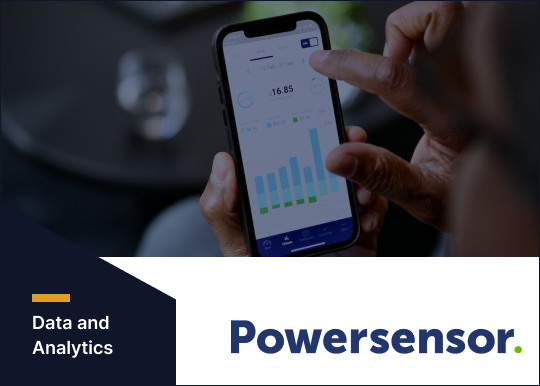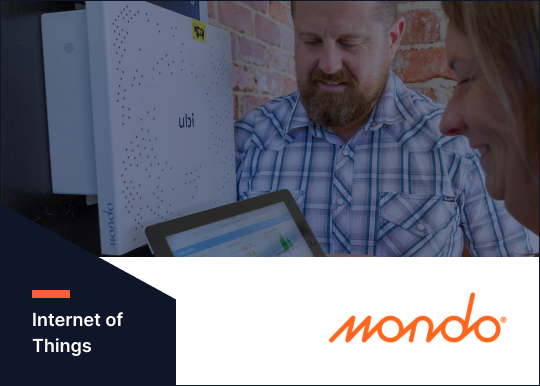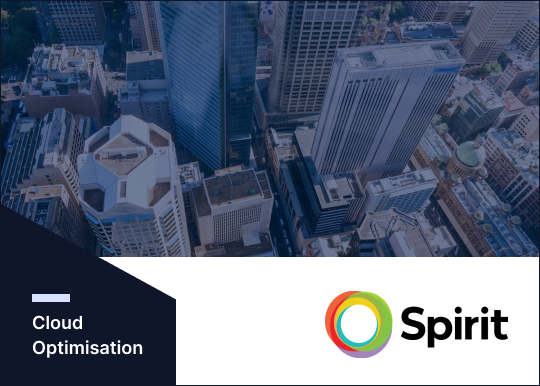CASE STUDY
Vodafone: Winning back the customer
DiUS partnered with Vodafone to improve the experience of their customers; responding to their desire to self serve rather than use traditional service options.

As part of Vodafone’s company-wide mission to win back customers, their digital channels group wanted to improve customer experience and drive better business value across all digital touchpoints. Vodafone wanted to respond to a desire of their customers to self serve, rather than having to use traditional service options.
A key part of the answer was to successfully build a strategic internal agile development and innovation capability. Vodafone now has a powerful ability to get new capabilities out the door fast and deliver an improved customer experience. Deployments are now fully automated, allowing Vodafone to deliver features on demand during business hours. Even more importantly, Vodafone has created an environment where they can experiment, fail-fast and in turn, innovate to increase competitiveness.
As a global organisation with a pedigree in waterfall-based delivery and a technology landscape that includes legacy systems, COTS products and custom-built systems, executing on this strategy required strong commitment, talented people and a partner who has done it before.
To deliver on this commitment and do it at speed, while supporting the customer through their existing digital channels, a fundamental change in process, architecture, delivery model and the supporting technology was required. The introduction of agile and lean philosophies and practices, continuous deployment, cloud-based technology and the migration to a microservices-based architecture were all pivotal components in achieving the digital transformation.
The new approach has IT working alongside product management to deliver faster results. Vodafone now has the ability to ‘single click’ deploy software any time of the day and in a matter of minutes, which is key to remaining ahead of the competition.
Central to enabling this quick transformation was leveraging the investment in their existing platforms, while enabling a more unique and engaging user experience across all devices; mobile, tablet and desktop. The architectural approach allowed Vodafone to extract the value in those legacy systems, which in turn meant they could focus their efforts on value-add activities; improving the user experience and delivering new features that would help capture the customer.
In addition, Vodafone quickly realised the return of adopting microservices by enabling them to deliver new interactions and experiences to their customers; separating the traditionally slower integration with core network systems in the backend from the faster pace of today’s digital needs. They have now established an architectural footprint and platform that is more adept at meeting the needs of the rapidly-changing business landscape. The adoption of an ‘automate everything’ approach and building quality in first has led to a digital capability that has not just delivered a better customer experience, but has led to both an increase in revenue as well as a reduction in costs.
The transformation has been profound. Like many large enterprise organisations, Vodafone traditionally used waterfall-based software delivery methods, where projects routinely took up to 18 months to deliver and had 90-day test cycles to validate production changes. These projects unfolded in a landscape that was complex, heterogeneous and that included production cut-overs and deployments in the middle of the night, and typically on weekends.
At the outset, Vodafone leveraged the skills of an experienced partner, DiUS, who has a long history with agile development practices and the application of continuous delivery models in the cloud. Central to DiUS’ engagement was partnering with Vodafone to bootstrap the development of the new digital platform and build an enduring internal capability that would allow Vodafone to continue to reap the benefits of this approach into the future.
DiUS established the core of the software delivery team, performing all roles from iteration management, technical lead to development. DiUS also helped Vodafone to create its own independent development teams whilst providing guidance and scale.
“It’s been really amazing. I’ve worked in the telco industry for many years and I’ve never experienced the kind of speed at which we’ve been able to get stuff out the door with no problems.
More than speed to market, it has also allowed the company to reallocate resources, focusing on developing features that deliver customer value, rather than on development. Vodafone has also seen a significant drop in the number of calls to its call centre by being able to provide an improved online self-service customer experience.”
– Vincent Dempsey, General Manager Digital Products, Vodafone
A significant enabler in delivering the new digital customer self-service platform was the adoption of Amazon Web Service (AWS) that met the key needs of a fully-automated, auto-scaling and self-healing architecture. The DiUS led team set up the AWS infrastructure, including the network design, security approach and implementation, direct link to the internal data centre as well as the build infrastructure and supporting tools.
By automating resilience and visibility into the application and cloud infrastructure, Vodafone can rapidly deal with customer spikes and ensure a high level of availability which was not possible previously. The built-in application monitoring solution not only supports rapid troubleshooting and provides the requisite security, it also provides user insights that quickly inform new releases. The DiUS built capability is now being used by a number of applications and business areas within Vodafone.
With DiUS’ help, Vodafone has changed the way it does business and has set the foundation for their future success.



